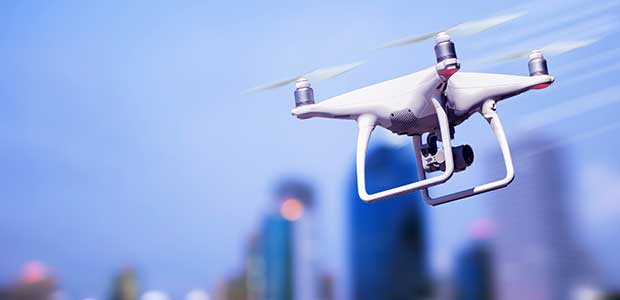
Canada Issues Drone Safety Regulations
Drone pilots will need to have their Pilot Certificate and proof of registration readily available when flying their drone as of June 1, 2019.
Marc Garneau, Canada's Minister of Transport, announced the country's new rules for drones on Jan. 9, saying the rules will take effect on June 1, 2019, and apply to all drone pilots flying drones between 250 grams and 25 kilograms that are operated within the pilot's visual line-of-sight, regardless of whether the drone is flown for fun, work, or research.
The new regulations introduce two main categories of drone operation: basic and advanced. The two categories are based on distance from bystanders and airspace rules. Both categories have their own set of easy-to-follow rules that will require the drone pilot to:
- Register and mark the drone with its registration number
- Pass an online exam and get a pilot certificate for basic or advanced operations
- Be at least 14 years old for basic and 16 years old for advanced operations, unless supervised by a person having proper certificates
- Stay below an altitude of 400 feet above ground level
- Stay away from air traffic
Drone pilots who need to fly a drone outside the rules for basic or advanced operations will need to apply for a Special Flight Operations Certificate before they fly.
"We've listened closely to feedback from Canadians and have updated our regulations to balance practicality and the safe use of drones. Drones are part of an important economic sector with significant potential to improve lives and connect communities across the country," Garneau said. "Our new regulations will create new opportunities for Canadians by establishing a safe and predictable regulatory environment where the industry can innovate and where recreational and non-recreational drone pilots can safely access Canadian airspace."
Transport Canada is encouraging drone pilots to take the necessary time to review and fully understand the new rules and to follow a course provided by a drone flight school before attempting to take an online exam or flight review. Drone pilots will need to have their Pilot Certificate and proof of registration readily available when flying their drone as of June 1, 2019; this can mean having an electronic version available on a mobile device or carrying a printed copy.
The agency has developed a website with information on the new regulations and helpful tools for all drone pilots: Canada.ca/drone-safety.